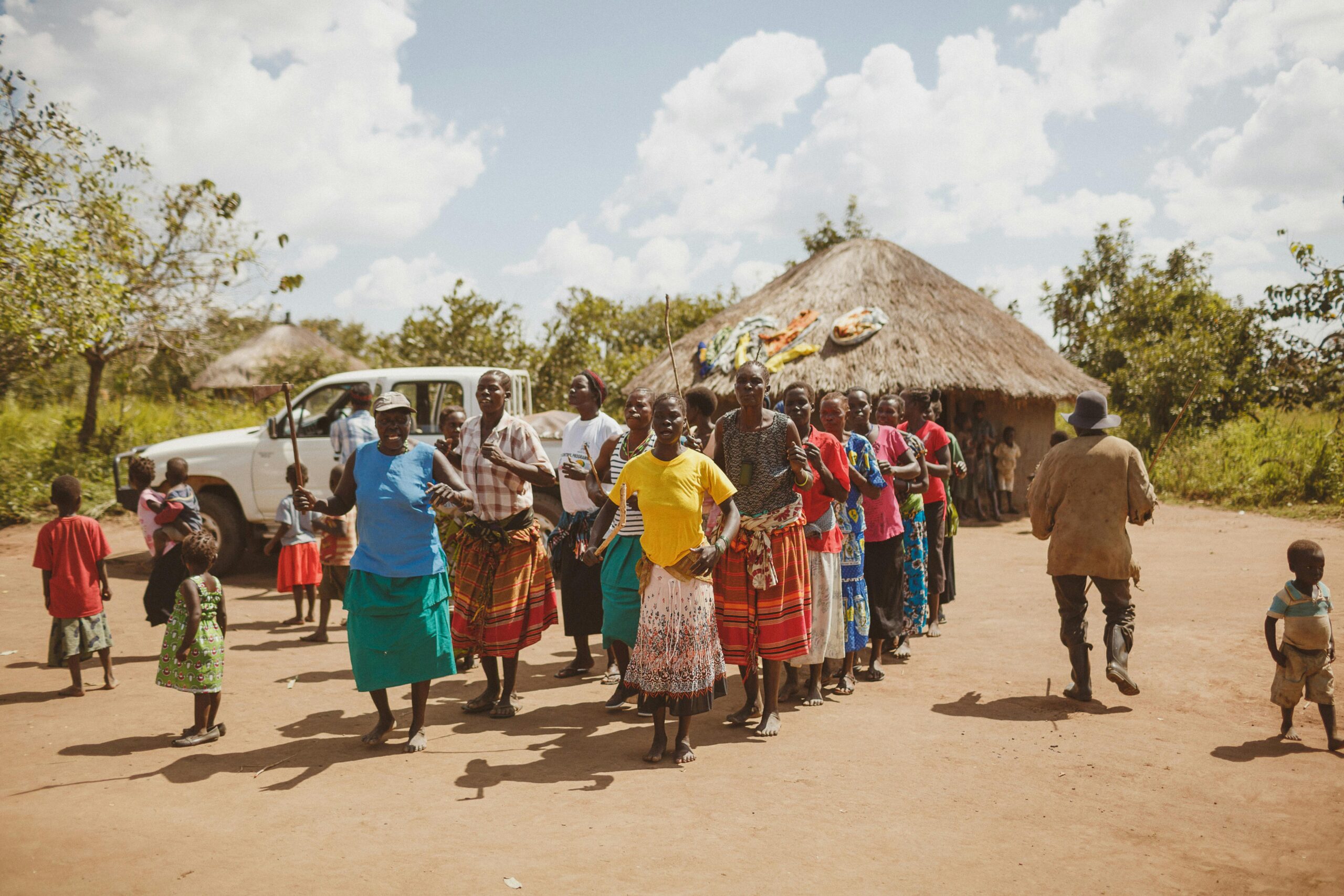By Ogbandah, G. (2025)
In Kenya’s political landscape, exclusion is a strategy deeply woven into the fabric of governance. Alarmingly, some groups have perpetuated this system, using elections as a tool to entrench divisions rather than build unity.
A key example is seen in how some Kikuyu leaders and communities have approached national politics. The common refrain, “Why do we hold elections only for Raila to enter government through the back door?”, reveals a dangerous mindset: elections are seen not as a democratic process, but as a means of exclusion.
This exclusionary thinking partly explains why President William Ruto initially gained popularity in Mount Kenya. He promised the “permanent retirement” of Raila Odinga, a promise many interpreted as a pledge to maintain political exclusion. Today, feelings of betrayal are rising because Ruto appears to be backtracking on that implicit deal.
The Dangers of Subtle Political Exclusion
We must be vigilant against this subtle but pervasive gospel of exclusion. Kenya needs stronger, better-structured devolution, not a system that favors a few and marginalizes many.
In fact, the origins of exclusionary language like “Luo Nyanza” trace back to the era of Provincial Commissioners like Duncan Ndegwa and Simeon Nyachae. The purpose was clear: to isolate and weaken one specific community – the Luo – within the broader Nyanza region. Historian Charles Hornsby in “Kenya: A History Since Independence” even notes, almost with approval, that the Luo had been politically “restrained” far from Nairobi – a goal that had been “achieved.”
But the impact went beyond politics. It destroyed lives.
Between 1989 and 1999, public health funding to “Luo Nyanza” was half that of neighboring Gusii regions, according to data from health equity reports like this one by WHO.
The Human Cost of Political Segregation
These disparities weren’t just numbers on a budget sheet. They translated into devastating human consequences:
-
Child mortality rates were the highest in Luo Nyanza during this period (UNICEF Kenya).
-
The AIDS epidemic spread faster and hit harder in Luo communities, largely due to limited access to healthcare (AVERT Kenya HIV and AIDS statistics).
-
Communicable diseases like malaria, typhoid, tuberculosis, and waterborne illnesses ravaged the region.
The scars of this systemic neglect remain visible today.
We share these painful stories not to seek sympathy, but to highlight the long-term consequences of exclusion and segregation. Political marginalization costs lives.
Why Kenya Must Rethink Devolution
The current county system, as it stands, is “useless by design.” It often replicates the same patterns of exclusion and corruption at a more localized level. It is time to reconsider the idea of Provincial Governments – a model that could allow for better resource allocation, stronger governance, and a more equitable political economy.
If we want a stronger, fairer Kenya, we must support leaders who relentlessly champion the rights of the marginalized. We must resist the quiet normalization of exclusion – whether it wears a smile or hides behind complex bureaucratic systems.


2 Responses
Devolution up and to the point where the police is locally recruited and promoted is the solution.
These are Bantusan orchestration to eliminate Luosism in the face of the continent by allying with stratagem aliens